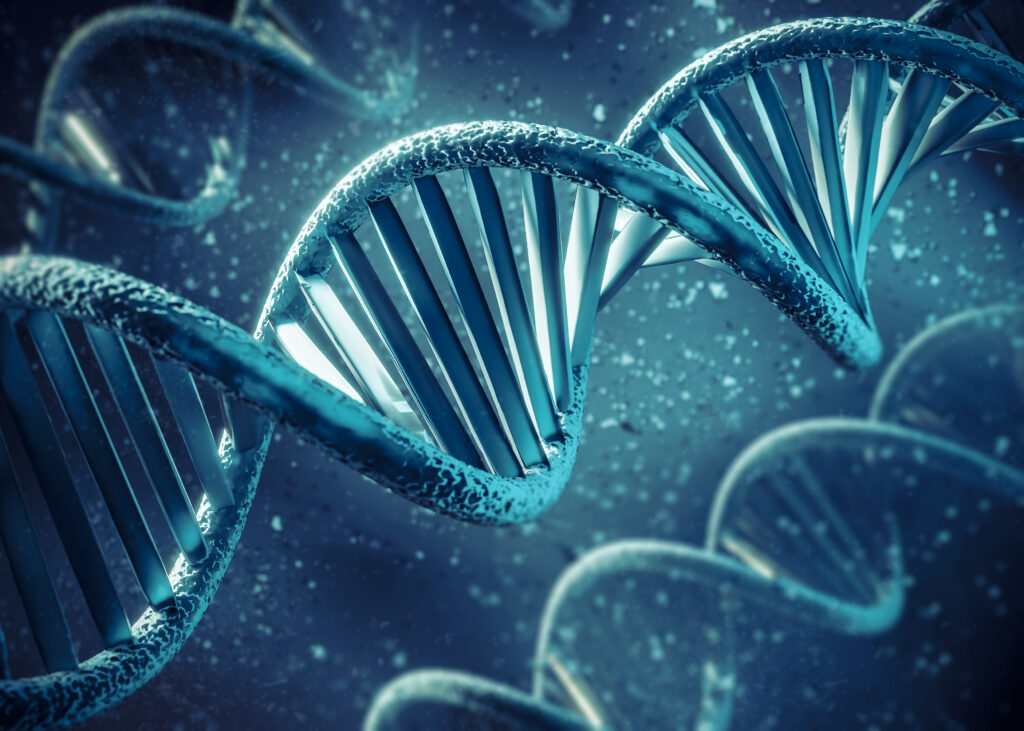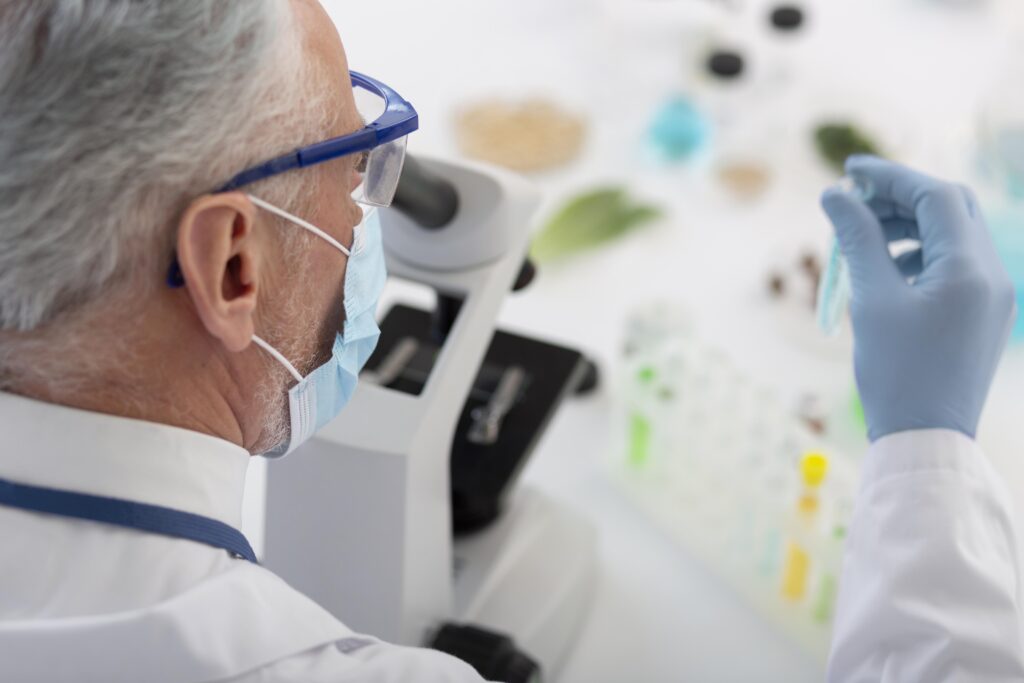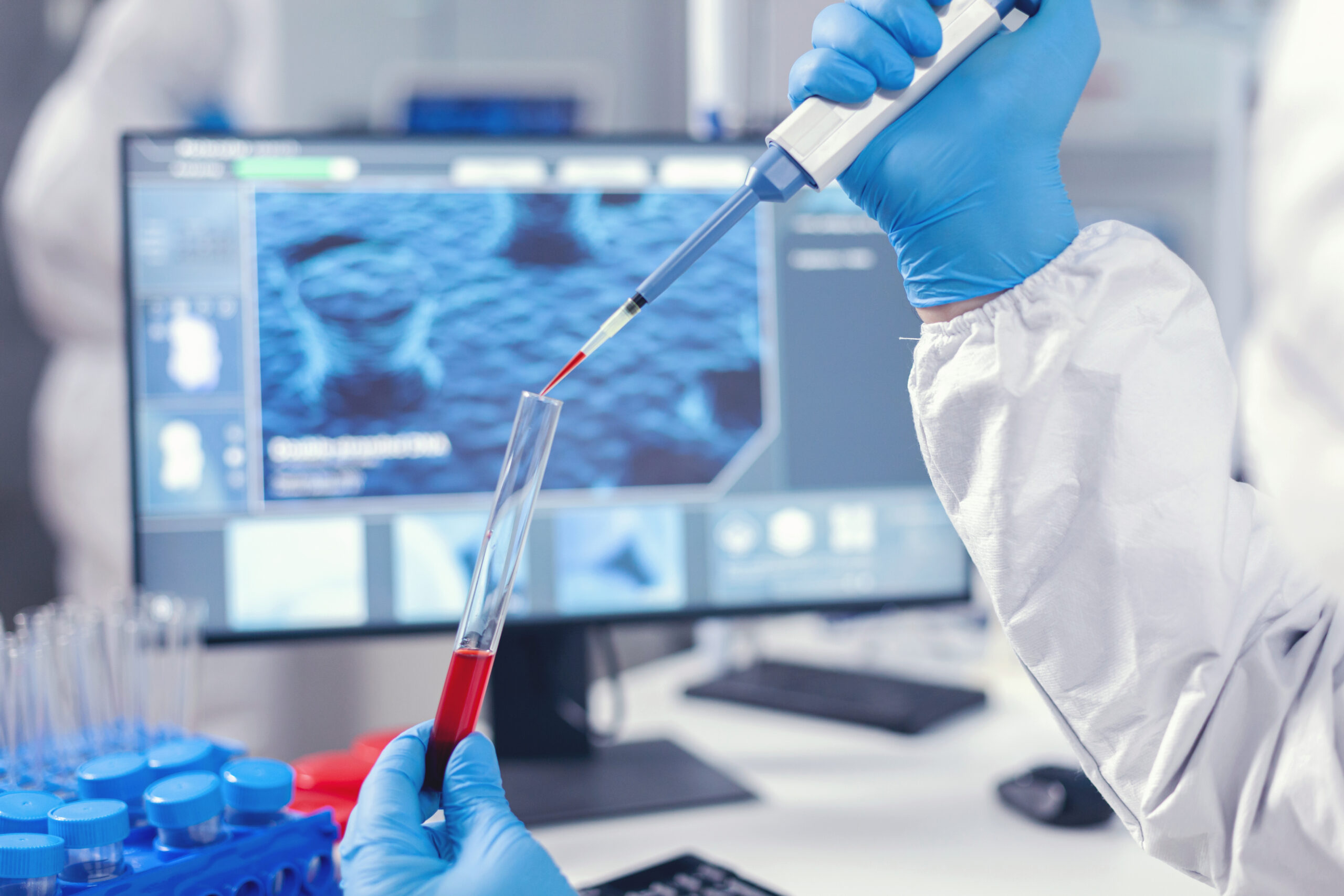Genetic disorders are medical conditions caused by abnormalities in an individual’s DNA. These abnormalities can range from a single mutation in one gene to complex changes involving multiple genes or chromosomes. Genetic disorders can manifest at birth or develop later in life, impacting various bodily functions and health outcomes.
Some genetic disorders are hereditary, passed from one generation to another, while others arise spontaneously due to environmental factors or errors in DNA replication. For example, conditions like Down syndrome and cystic fibrosis are widely recognized genetic disorders, with varying degrees of severity and prevalence across populations.
The Role of DNA and Mutations in Genetics
DNA acts as the blueprint of life, instructing cells on how to grow, function, and repair themselves. Any alteration in this blueprint—known as a genetic mutation—can disrupt normal biological processes. While some mutations are harmless, others can trigger diseases ranging from mild to life-threatening. Mutations can occur due to inherited genes, exposure to harmful substances, or even random genetic changes.
Understanding the role of DNA and genetic mutations is crucial for identifying, diagnosing, and treating genetic disorders effectively.
Common Genetic Disorders
Examples of Common Genetic Diseases
Some well-known genetic diseases include:
- Cystic Fibrosis: Affects the lungs and digestive system.
- Sickle Cell Anemia: Alters red blood cells, causing pain and fatigue.
- Huntington’s Disease: A neurological disorder that deteriorates physical and mental abilities.
- BRCA Gene Mutations: Increase the risk of breast and ovarian cancers.
These conditions often stem from specific mutations and vary significantly in terms of symptoms and management strategies.
Causes Behind Common Genetic Disorders
Genetic disorders can occur for several reasons:
- Inherited Mutations: Passed down through family genes.
- Spontaneous Mutations: Develop during cell division or due to environmental influences like radiation.
- Chromosomal Abnormalities: Extra or missing chromosomes, as seen in Down syndrome.
Genetic testing and research continuously uncover the intricate mechanisms behind these diseases, offering hope for better treatments.

Rare Genetic Diseases
Rare genetic diseases affect fewer than 1 in 2,000 people and often pose diagnostic challenges due to their complexity. Examples include Tay-Sachs disease, Marfan syndrome, and Gaucher disease. Although these conditions are uncommon, they highlight the critical role of research and awareness in improving patient outcomes.
Genetic Mutations That Lead to Rare Disorders
Rare diseases often result from unique genetic mutations that may be poorly understood. Advances in genetic testing now allow for more precise identification of these rare mutations, enabling early diagnosis and targeted therapies. The Science of Genetic Mutations
Types of Genetic Mutations
Genetic mutations come in various forms, each impacting the body differently. The main types include:
- Point Mutations: A change in a single nucleotide base, such as in sickle cell anemia.
- Insertions and Deletions: Extra bases are added or removed, disrupting the gene’s function, like in cystic fibrosis.
- Copy Number Variations: A gene is duplicated or deleted, which can lead to conditions like Huntington’s disease.
- Chromosomal Mutations: Entire chromosomes or large sections are altered, as seen in Down syndrome.
These mutations can be inherited or acquired, depending on their origin.
How Genetic Mutations Affect the Body
The impact of a mutation depends on its location and severity. Mutations may disrupt essential proteins, hinder cellular function, or cause structural abnormalities in organs. For instance:
- A mutation in hemoglobin genes leads to malformed red blood cells in sickle cell anemia.
- Mutations affecting enzymes can lead to metabolic disorders like phenylketonuria (PKU).
- Chromosomal mutations often result in developmental delays and physical abnormalities.
Understanding these effects helps researchers design therapies to mitigate symptoms and improve patient’s quality of life.

Inherited Diseases and Their Impact
The Role of Family History in Genetic Disorders
Family history plays a significant role in identifying genetic risks. Conditions like Huntington’s disease and BRCA-related cancers often have a clear familial pattern. If a close relative has a genetic condition, there’s a higher likelihood of inheriting or passing on the same disorder.
Genetic testing helps families assess risks, allowing individuals to make informed decisions about their health and future.
Patterns of Genetic Inheritance
Genetic disorders follow distinct inheritance patterns:
- Autosomal Dominant: Only one mutated copy of a gene is needed to cause the disorder (e.g., Huntington’s disease).
- Autosomal Recessive: Two mutated copies are required (e.g., cystic fibrosis).
- X-Linked: Mutations on the X chromosome, often affecting males more severely (e.g., hemophilia).
Recognizing these patterns allows doctors to predict the likelihood of inheritance and offer guidance.
Diagnosis Through Genetic Testing
What is Genetic Testing?
Genetic testing involves analyzing a person’s DNA to detect mutations or chromosomal abnormalities. This diagnostic tool is pivotal for identifying genetic disorders early, even before symptoms manifest. Testing is commonly used for conditions like BRCA-related cancers, Huntington’s disease, and prenatal screenings for chromosomal disorders.
How Genetic Testing Works
The process typically involves:
- Sample Collection: Blood, saliva, or tissue samples.
- Laboratory Analysis: Screening DNA for specific mutations or abnormalities.
- Result Interpretation: Specialists explain findings and their implications.
Advancements in genetic testing have made it faster, more accurate, and accessible, benefiting countless families worldwide.
The Importance of Early Detection
Early detection through genetic testing allows for proactive healthcare measures, such as lifestyle modifications, preventive treatments, and family planning. In many cases, it can save lives by identifying diseases before symptoms develop.

Treatment Options for Genetic Disorders
Current Medical Interventions
While many genetic disorders cannot be cured, several treatments can manage symptoms effectively. Examples include:
- Medications: Drugs to alleviate symptoms or prevent complications.
- Physical Therapy: For conditions affecting movement or muscle strength.
- Surgery: Corrective procedures for structural abnormalities.
Prevention Strategies and Lifestyle Choices
Reducing Risks of Genetic Disorders
While genetic mutations cannot always be prevented, certain steps can minimize risks:
- Regular Checkups: Early detection through routine screenings.
- Prenatal Care: Monitoring for chromosomal abnormalities during pregnancy.
- Vaccinations: Preventing infections that could trigger mutations.
Healthy Practices for Families at Risk
Families with a history of genetic disorders can adopt specific strategies to reduce risks:
- Eating a balanced diet rich in antioxidants to protect DNA.
- Avoiding harmful exposures like tobacco and radiation.
- Consulting genetic counselors for personalized advice.
Conclusion
Understanding and addressing genetic disorders early can transform lives. Genetic testing, counseling, and proactive care empower individuals to take control of their health and plan for the future.
At Lifeline Hospital, the Best Genetics Department in Kochi, offers state-of-the-art diagnostic tools, expert counseling, and personalized care for genetic disorders. Their dedicated team ensures comprehensive support for patients and families at every step.
Contact Lifeline Hospital today for specialized genetic services and take the first step towards a healthier tomorrow.
FAQs
What are the most common genetic disorders?
Conditions like Down syndrome, cystic fibrosis, and sickle cell anemia are some of the most common genetic disorders worldwide.
How do genetic mutations occur?
Genetic mutations can arise due to inherited genes, environmental factors (like radiation), or random errors during DNA replication.
Can genetic diseases be cured completely?
While many genetic disorders cannot be cured, treatments like gene therapy and medications can effectively manage symptoms.
Who should consider genetic testing?
Individuals with a family history of genetic disorders, those planning a family, or anyone experiencing unexplained health issues should consider genetic testing.
How do I find a genetic counselor near me?
You can find genetic counselors through hospitals, online directories, or specialty clinics like the Genetics Department at Lifeline Hospital in Kochi.

